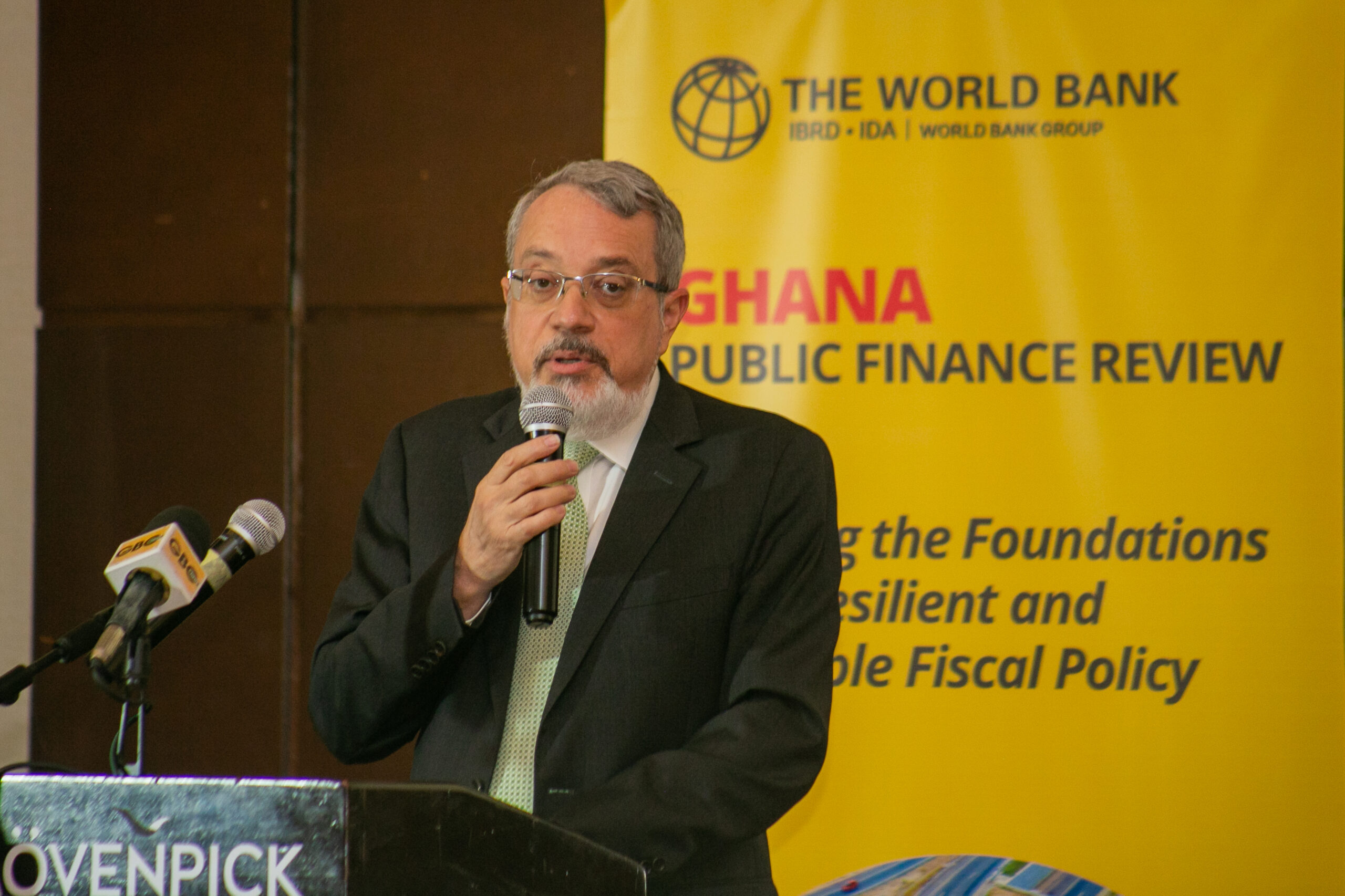

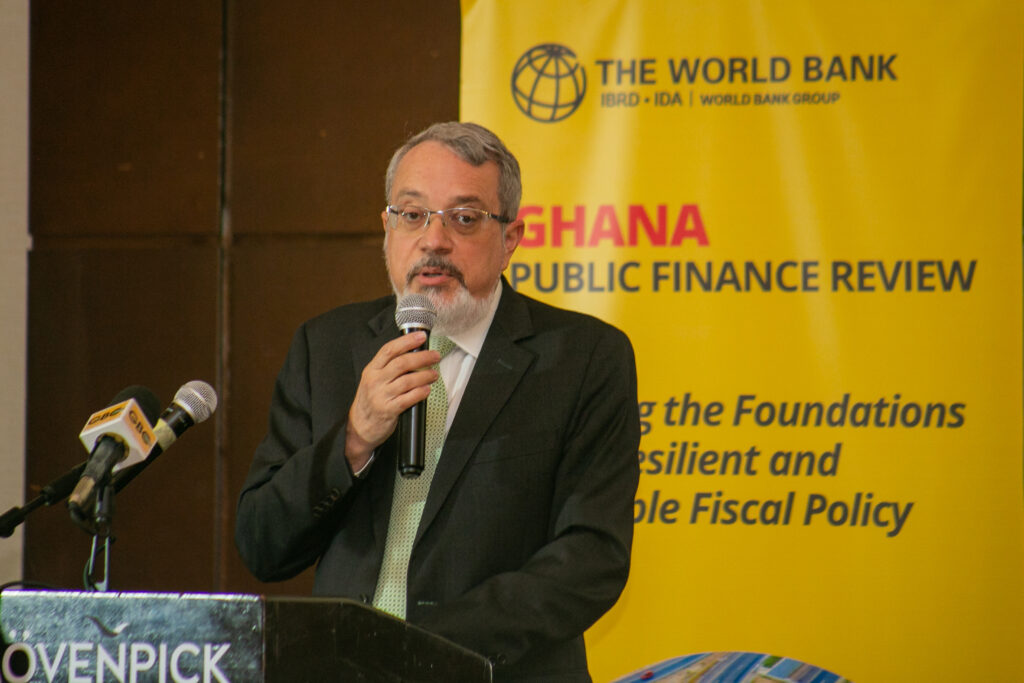
In 2014, the Ghana government announced a $450-million package for the rehabilitation of roads in cocoa-growing areas in the country.
Announcing the package, President John Mahama said the amount to be released in three installments of $150 million annually, would be used to finance selected roads in the Ashanti, Western, Eastern and Brong-Ahafo Regions, under the Cocoa Roads Rehabilitation Project being funded through the Ghana COCOBOD.
In 2021 the Minister for Roads and Highways, Kwasi Amoako-Atta told the nation that the government earmarked 11,000km roads for construction across the country and 6,000km were expected to be completed by the close of 2024. These he said, included 325 road networks translating into 5,000km under the cocoa road programme, with an estimated cost of GH¢14.5 billion.
However, at the end of 2024, the country has piled up outstanding contracts for cocoa roads to the tune of GH¢21 billion, which is about $1.3 billion.
Among the findings shared at the Ghana Public Finance Review of the World Bank, February 12, 2025 in Accra, fiscal indiscipline among other factors accelerated Ghana’s economic crisis.
Making a presentation on Ghana’s economy, David Elmaleh, a Senior Economist with the World Bank noted that even though agriculture has grown robustly in recent years, even during the pandemic, productivity is low and future growth needs modern inputs, services, and infrastructure.
He also pointed out that public spending in agriculture, based on a traditional subsidy system, has not helped to close productivity gaps.
“Since 2019, GH¢3 billion per year allocated to agriculture: subsidies represent 51 percent of Ministry of Food and Agriculture’s expenditures, leaving only 26 percent of spending to capital investment to enhance productivity,” he said.
Dr Elmaleh also noted that the recent change in policy to Planting for Food and Jobs 2.0 intends to phase out input subsidies and move towards a smart agricultural input credit system.
“Ghana Cocoa Board (COCOBOD) has accumulated large annual losses over the years and needs to implement a comprehensive turnaround strategy. It also poses large fiscal risks (quasi-fiscal spending on cocoa roads, fertilizers, and pesticides. For instance, outstanding contracts for cocoa roads reached a value of GH¢21 billion ($1.3 billion) in 2024,” he said.
According to him, Ghana’s tax exemptions from VAT, personal income tax, and import duties are estimated to generate a loss in revenue of 3.9 percent of GDP: while offering fiscal relief, they create leakages, complexity and distortions.
He indicated that domestic revenue mobilization has declined in recent years and remains below structural peers.
He added that collected revenues as a share of GDP declined from 15.7 percent in 2017 to 13 percent in 2021.
“Collection from all major taxes declined. In particular, the persistent fall in revenue from income taxes and VAT stood in direct contrast with the trends observed in peer countries,” he said.
He explained further that for personal income tax, a focus of this analysis, numerous exemptions and the complexity of the personal income tax system have a detrimental impact on compliance and revenues.
“Other taxes’ contribution to revenues has also been dropping, partly because of exemptions,” he said.
He further pointed out that there was a lack of fiscal discipline, which was marked by weak budgetary institutions, high fiscal liabilities from the financial and energy sectors, and insufficient revenue collection.
“The fiscal system’s weak expenditure controls enabled a vicious circle leading to reduced fiscal space and unsustainable debt accumulation (particularly overreliance on external commercial debt), made worse by declining tax revenue in the years preceding the crisis,” he said.
Citing the clean-up of the country’s financial sector, he said the costly exercise and ongoing losses in the energy sector increased fiscal pressures. The country spent something in the region of GH¢21 billion for the exercise.
“With precarious fiscal conditions, the prolonged and expensive fiscal response to the COVID-19 and the subsequent deterioration of global conditions plunged Ghana into a full-fledged crisis – and into debt distress – in 2022,” he said.
In his remarks, Robert Taliercio, Country Director for Ghana, Sierra Leone, and Liberia of the World Bank said Ghana was at a critical juncture, because while the country witnessed substantial progress in the early 2000s: Growth averaged 6.8 percent between 2009-2019, poverty halved between 1991-2016, outpacing sub-Saharan Africa progress and achieving the Millenium Development Goal, the following decade saw a decline in economic and social prospects, culminating in the 2022 macroeconomic crisis – debt skyrocketed to 93 per cent of GDP in 2022.
However, Taliercio said, with 93 percent of Ghana’s debt restructuring now complete – “We commend the government for the recent completion of the signing of the MoU by all official creditors –, the macroeconomic outlook has improved but remains fragile,” he added.
He warned the country about the risk of falling into complacency with these achievements and returning to a business-as-usual mindset – a recurring error in the past.
“Ghana has requested a record of 17 IMF programmes. As a result, the country has been under active IMF programmes for 40 out of 68 years of its history. A premature return to international capital markets could send the wrong signal to markets and a reversal to unsustainable borrowing costs,” he warned.
He further cautioned that not fully completing the adjustment programme – reducing Debt to GDP ratio to 55 percent by 2028 – could jeopardize the credibility of policy reforms and the fundamentals for long-term growth.
“Hence, it is important to initiate a “reset”: maintain momentum, staying the course with ongoing reforms while deepening efforts in specific areas,” he said.
He urged the government to strengthen fiscal discipline to ensure effective expenditure management and control – noting that government expenditure grew faster than GDP between 2010-2022, and about 70 percent of this was dedicated to public wages, interest payments, and earmarked statuary funds.
He also urged among other things the boosting of domestic revenue collection to enlarge the fiscal space.
By Emmanuel K Dogbevi
The post Ghana outstanding contracts on cocoa roads hit GH¢21b in 2024 appeared first on Ghana Business News.
Read Full Story

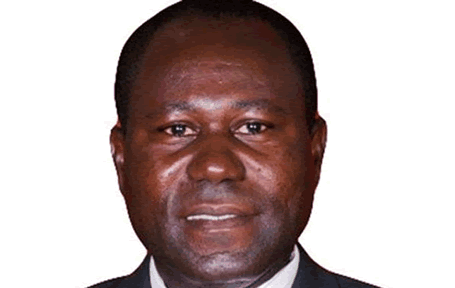

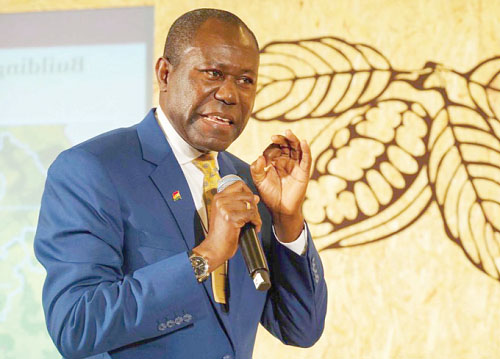


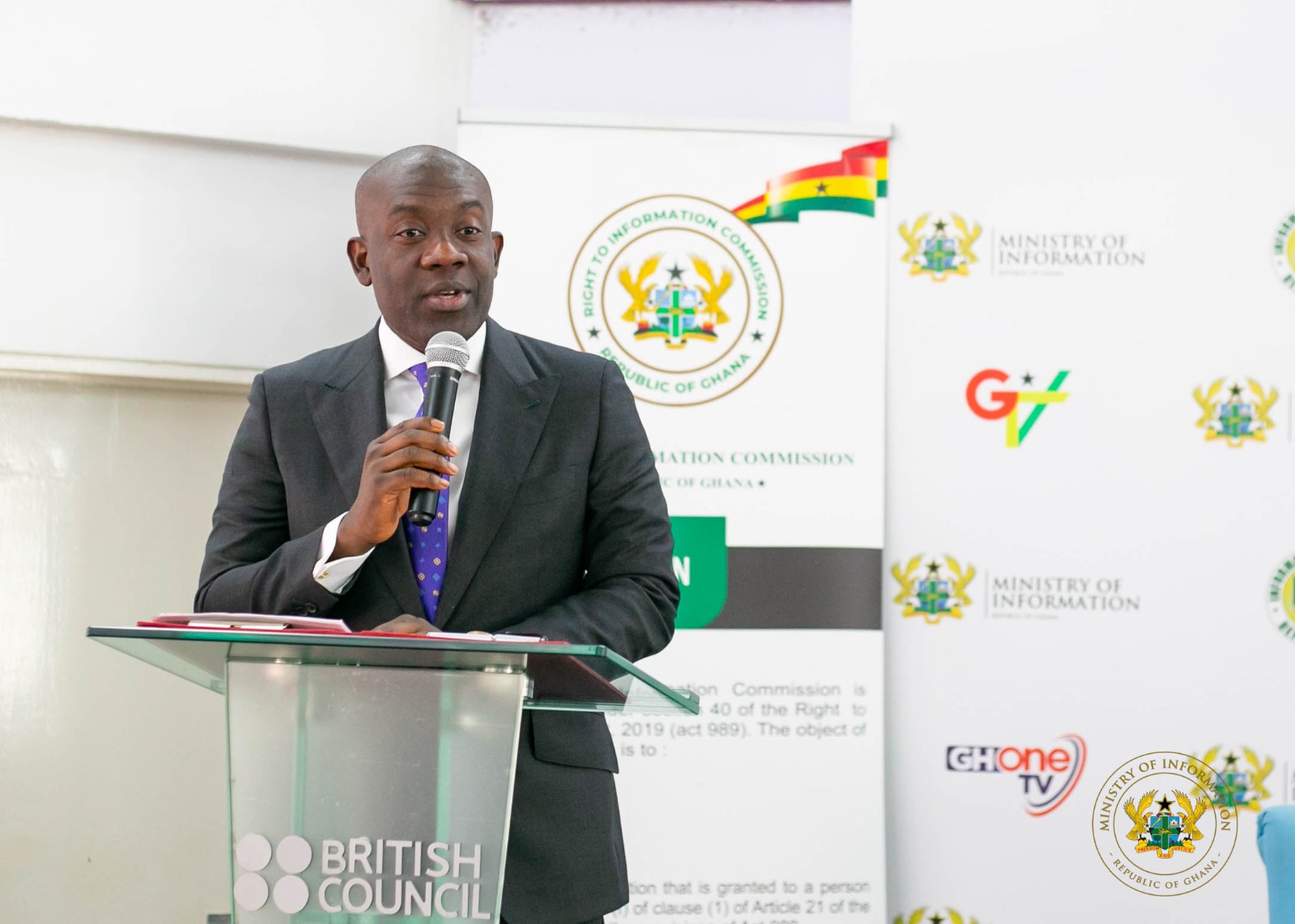
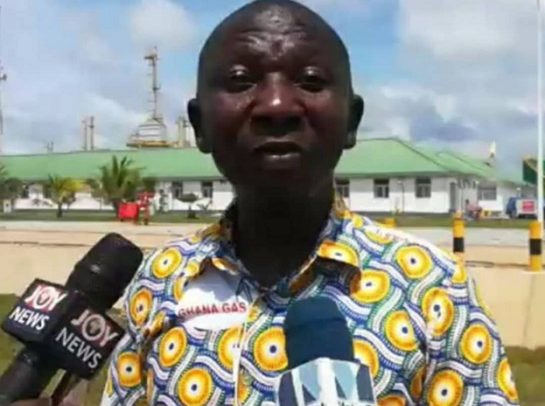



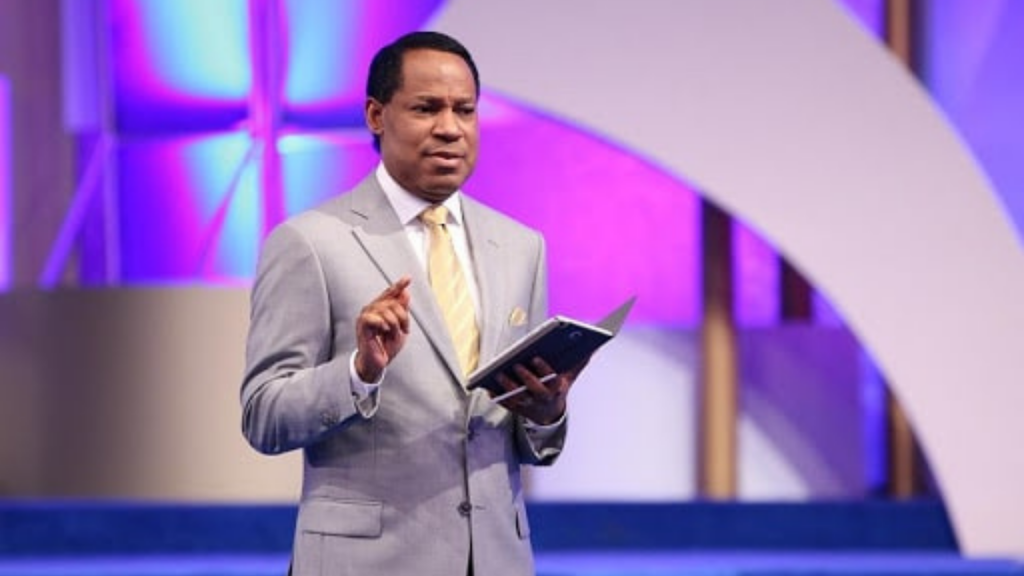
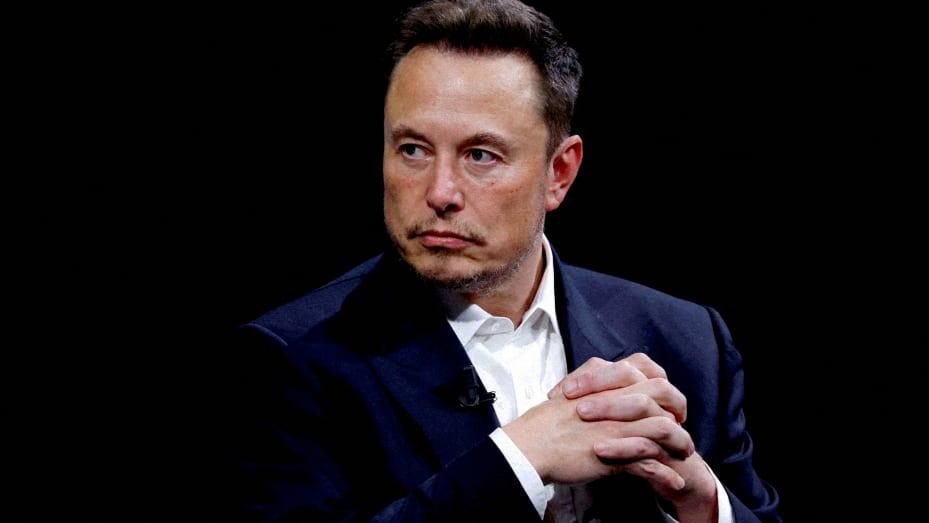


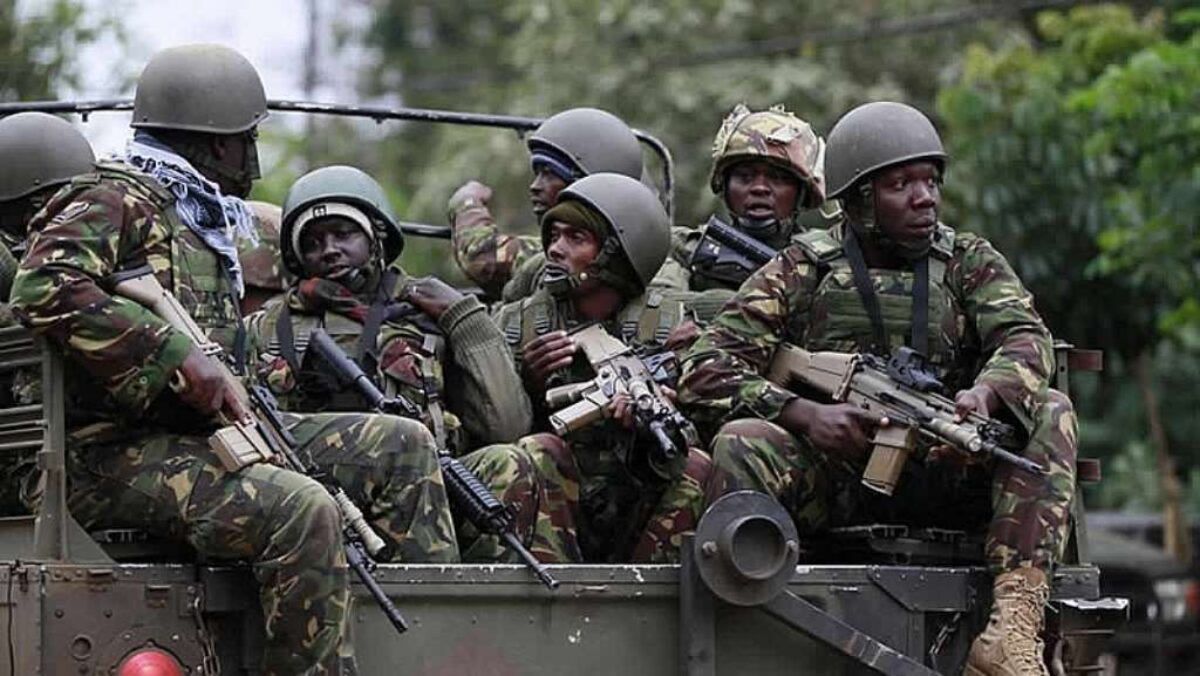


Facebook
Twitter
Pinterest
Instagram
Google+
YouTube
LinkedIn
RSS